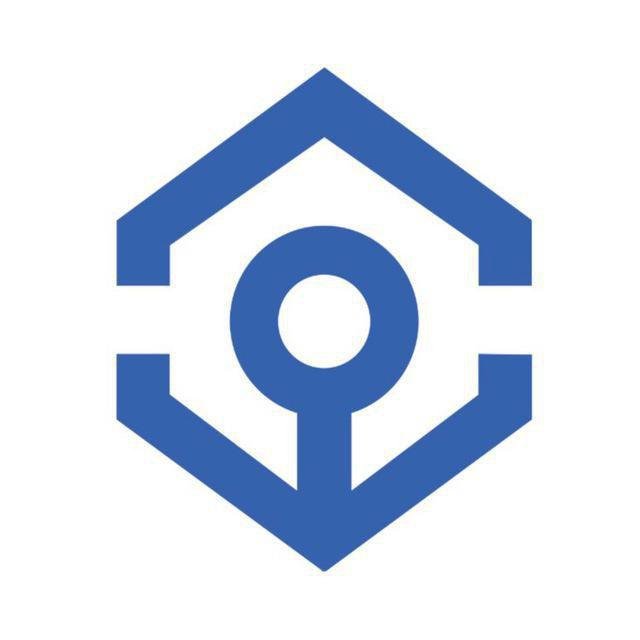Distributed Computing Could Earn You Money by Mining With Your Computer or Phone
Central planning has been the hallmark of the 20th century. Think Soviet Union and Too Big To Fail. One blockchain startup believes that 21st century will be about decentralization, particularly when it comes to cloud computing.
Cloud services is dominated by giants such as Google Cloud Platform, Amazon Web Services, and Microsoft Azure. “Close to 30% operating margins are common," says Stanley Wu, co-founder and CTO of Ankr, a blockchain firm whose founders and employees are recent graduates of University of California at Berkley. "Decentralization could prompt a seismic shift in business paradigm because millions of idle computers can be made productive through the power of distributed cloud computing (DCC) services."
The Power of Decentralization
Big companies are beginning to leverage local, distributed networks in all kinds of applications and industries. Think of Amazon's and Walmart's experiment with decentralized shipping where independent drivers from local neighborhoods deliver merchandise and groceries directly to nearby customers. Why? Because it's a faster way to do business.
In the world of cloud services, Ankr's team thinks that distributed cloud computing (DCC) can lower costs, to the tune of 30% or more because there are no capital requirements. People would use (what would have been) idle computing capacity and, therefore, DCC eliminates the need to buy and maintain hardware, servers, and other IT infrastructure.
Users can download Ankr software, participate in DCC, and earn some money as long as their device has Intel SGX — trusted hardware that ensures privacy and security of data. The computer can then process what the team calls proof-of-useful-work (PoUW) where 99% of a hardware's computing power does useful calculations that are needed by clients.
The real-world applications include big data analysis, statistical modeling, scientific computing, and web monitoring, to name a few.
A Meeting of Minds
So what makes the Ankr team think they can pull this off?
Stanley Wu worked as a level 6 software engineer at Amazon Web Services. At Amazon, he mentored Chandler Song, a summer intern from Cal Berkley. Song and his college roommate, Ryan Fang, would eventually join forces with Stanley Wu to form Ankr, believing that distributed cloud computing can leverage a huge, untapped resource of idle computing capacity — convinced that DCC will disrupt the cloud industry.
Dr. David Anderson, the founder of Berkeley Open Infrastructure for Network Computing (BOINC), serves as advisor. BOINC is a volunteer distributed computing network with more than 300,000 users.
"This concept of passively sharing resources to make … money has gone viral in China," says Song, "Profiting from computing power will be different from [bitcoin's] GPU mining farms that profit by mining cryptocurrencies …. Ankr users [will] get paid for what [their computers are] doing."
Support From Blockchain Investors
The team has raised nearly $16 million in private fundraising. Investors include NEO Global Capital, Pantera Capital, DHVC and OK Blockchain Capital.
"Our main goal right now is to release the prototype in the next few weeks and get it ready for the market within 6 to 8 months," says CTO Stanley Wu. "We're more efficient and better for the environment by allowing people to use their idle computing power and make some money in the process. Thus, we make it easier for anyone to have access to cloud computing."
Wu adds, "Distributed cloud computing (DCC) can also be used for web monitoring. Security companies constantly need to monitor the internet such as finding the availability of URLs, detecting certificate updates of millions of web servers, and similar tasks. DCC is great for any type of computation that requires data to be secure and private."
"This team is focused on making something practical for people to use immediately," says CEO Chandler Song. "We hope that you’ll see everyday people turn on their computer at night, open Ankr, and let their CPUs compute for Useful Work while they sleep."
It wouldn't be bad to make some money, either. Instead of devices always costing consumers money in a never-ending "update treadmill." It's a simple idea but there seems to be wisdom in tapping existing resources instead of investing in new hardware.
Aristotle, the ancient Greek philosopher, thought that essential nature of things can be found in their purpose. And what's the purpose of a processing chip? To compute, right?
